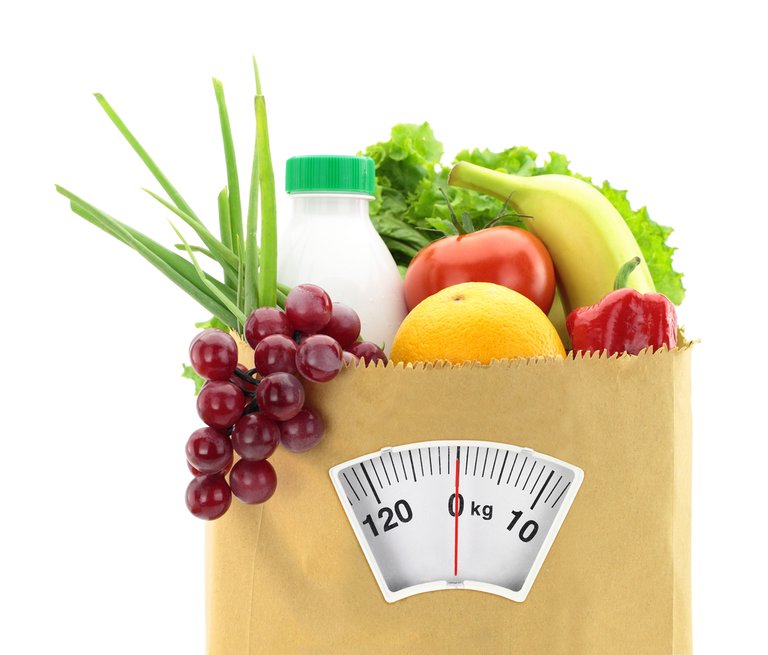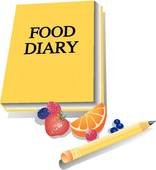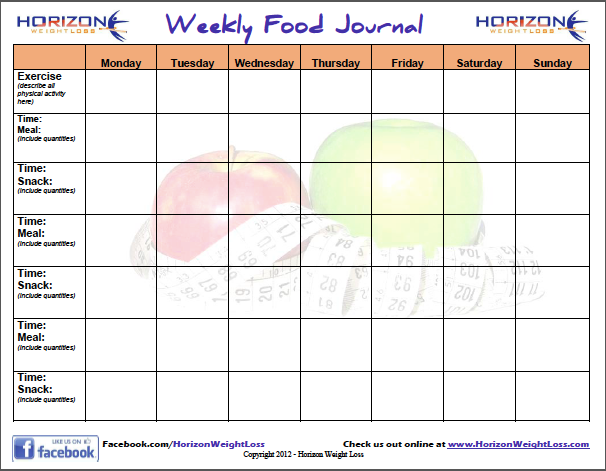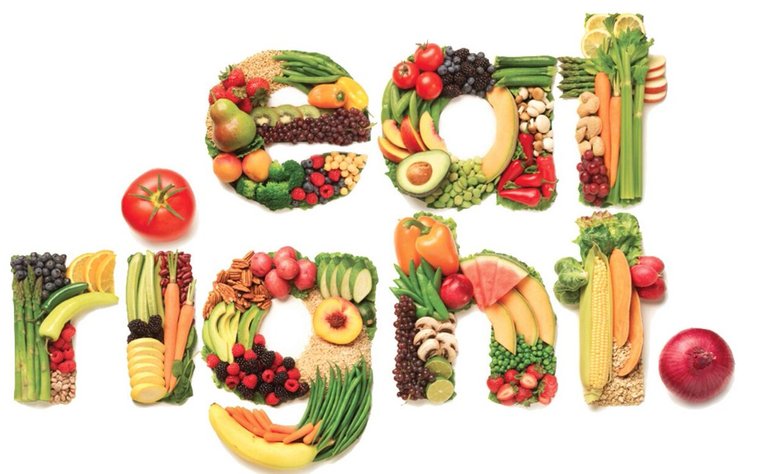Nutrition plays a huge role in achieving a active lifestyle,nutritional menus and programs can help you learn to eat right. When it comes to nutritional needs, no two people are alike, that is why we are going to look at Dietary history taking.

So what exactly is dietary history taking ?
In general, diet history is assessed either by collecting data retrospectively or by summarizing data gathered prospectively.
The accuracy (or validity) and reliability of the information depends on the experience and skill of the clinician as well as the cooperation and accurate reporting of the client
The ultimate goal of collecting dietary information is to determine the nutrient content of food that is consumed and to then assess the appropriateness of the nutritional intake for that particular individual.

WAYS OF OBTAINING DIETARY INFORMATION
The commonest methods of obtaining dietary history include:
- Food diary/food record
- Food frequency
- Observation of food intake
- 24-hour recall
Let's talk of food record for today and look at the others another time

So what is food diary or record?
A food diary is a record of foods that you eat on a meal-by-meal, daily, or weekly basis. You can include nutritional or other dietary information, organize and track foods by food group and their nutrient. This lets you monitor what, when, and how often you eat, as well as where your nutrition needs lie.
There are lots of benefits of keeping a food journal, few of them are
- It keeps you accountable for your calorie consumption.
With how fast-paced the world has become, it's sometimes easy to fall into the trap of eating too much or too often if you're constantly on the go. Taking the time to consciously track what you're eating in a diary can help you be more mindful of what, how much, and how often you eat. This may help you have better willpower when it comes to resisting getting snacks too often or taking additional helpings, especially if at least nutritionally speaking you really don't want or need them. - It helps you identify your eating habits, and correct them if necessary.
Another important consideration when making healthy food choices is the timing of when you eat. A food journal can help you notice patterns in the timing and frequency of when you chow down. For example, eating a small meal for (breakfast, lunch, or dinner) or skipping it altogether may be the reason why you're constantly reaching for snacks throughout the day, or taking larger portions during another meal. - It helps you zero-in on your nutritional needs.
Equally as important as how much you eat is what you actually eat. A food diary can help you balance that out, too. As you write down the foods that you eat, you can organize them by food group (breads and starches, milk and dairy, fruits and vegetables, meat and poultry, etc.), key nutritional statistics (calories, fat, carbohydrates, fibre, sugar, etc.), or some other dietary system that takes a combination of these factors into account. That way, you can track what kinds of foods you need to eat more of, as well as which ones you should cut back on.

Important things to keep track of in food diaries
- The food
Obviously, this is the most important part. Write down everything that you eat or drink on a daily basis, no matter how large or small. Describe it in enough detail so that you understand exactly what you ate or drank; you may even want to go so far as to include a list of ingredients (if you know them). - The amount
Another key to eating right is watching how much you eat. General descriptions can be okay (e.g. small/medium/large, number of items)
The nutrition stats
A big part of watching what you eat and how much you eat is how much nutritional value you're getting out of it. Calories and fat are typical stats to record, but other ones may also be helpful to jot down, depending on your dietary needs. For example, if you're diabetic, you may want to watch your carbohydrate and sugar intake. - The time
The timing of when you eat food is an important thing to write down in your journal too. If you eat too little or too much at a certain time of the day, you may end up trying to compensate by over-eating or under-eating later. Paying attention to when you eat as well as how much you eat at the time can help you identify unhealthy eating patterns and change them. - The scenario
Environmental factors can also play a part in what you eat or how much of it you eat. were you eating at home, or somewhere else? Were you eating alone, or with other people? Were you focused on another activity while eating, or was eating your only preoccupation? Identifying circumstances in which you tend to over-eat (or under-eat) can help you be mindful of your eating habits in these situations, or perhaps even avoid them altogether. - Your feelings
Even your emotions can affect the amount and kind of food that you eat. Being overly happy and celebratory can cause you to over-eat, while being sad and depressed may cause you to under-eat (or even over-eat in an attempt to make yourself feel better).
Thanks for taking time to read, always remember that you are what you eat!

Hi! I am a robot. I just upvoted you! I found similar content that readers might be interested in:
https://penzu.com/food-diary